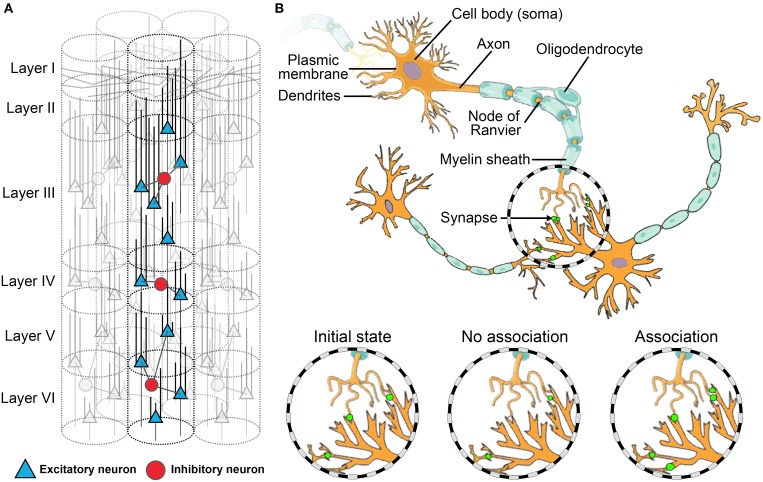The Regulation of Task Performance: A Trans-Disciplinary Review.
Abstract:
Definitions of meta-cognition typically have two components: (1) knowledge about one’s own cognitive functioning; and, (2) control over one’s own cognitive activities. Since Flavell and his colleagues provided the empirical foundation on which to build studies of meta-cognition and the autonoetic (self) knowledge required for effective learning, the intervening years have seen the extensive dissemination of theoretical and empirical research on meta-cognition, which now encompasses a variety of issues and domains including educational psychology and neuroscience. Nevertheless, the psychological and neural underpinnings of meta-cognitive predictions and reflections that determine subsequent regulation of task performance remain ill understood. This article provides an outline of meta-cognition in the science of education with evidence drawn from neuroimaging, psycho-physiological, and psychological literature. We will rigorously explore research that addresses the pivotal role of the prefrontal cortex (PFC) in controlling the meta-cognitive processes that underpin the self-regulated learning (SRL) strategies learners employ to regulate task performance. The article delineates what those strategies are, and how the learning environment can facilitate or frustrate strategy use by influencing learners’ self-efficacy.

